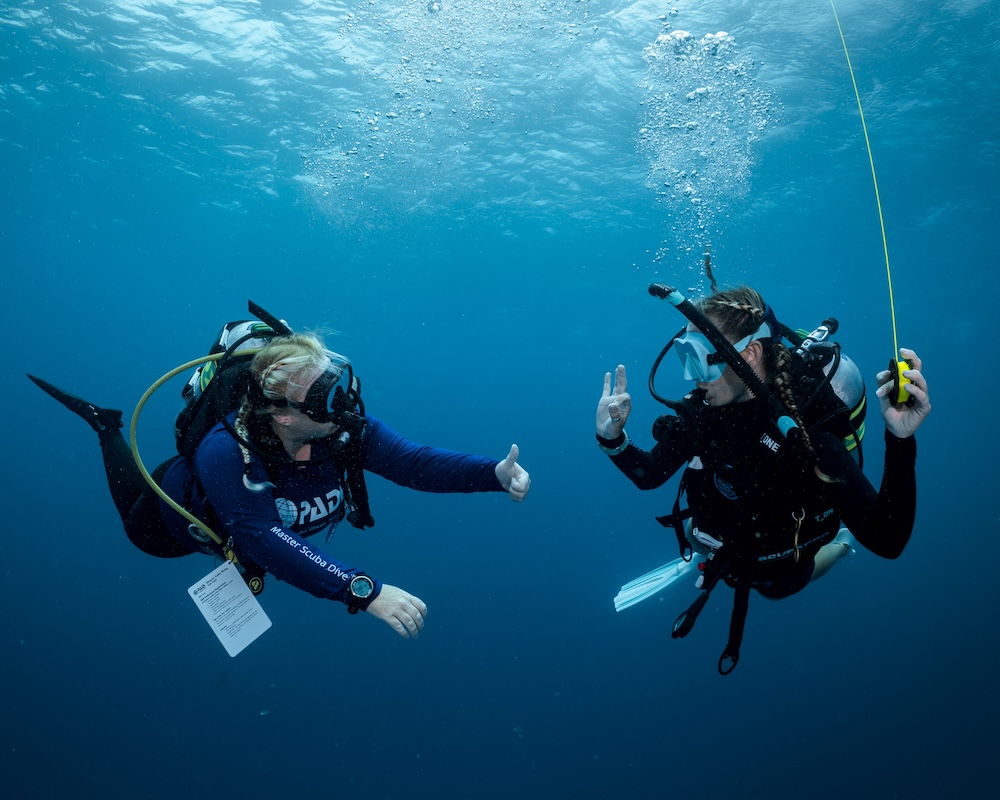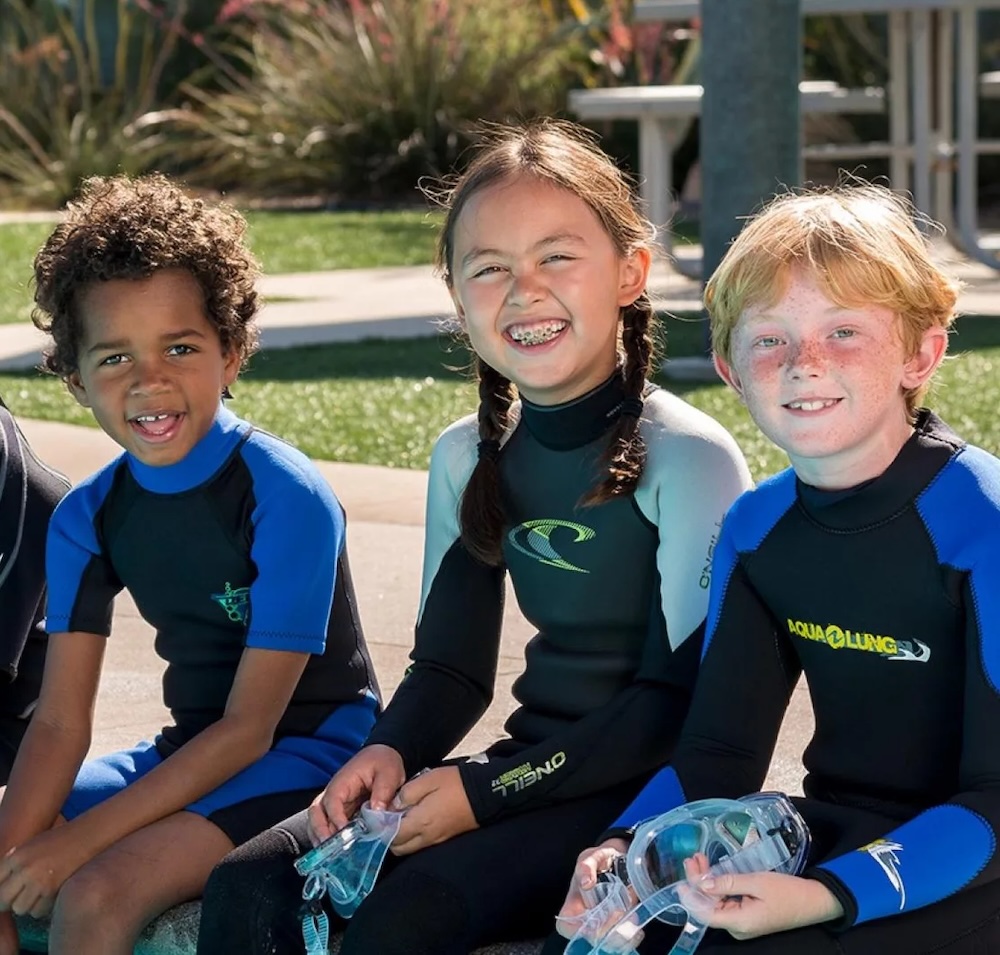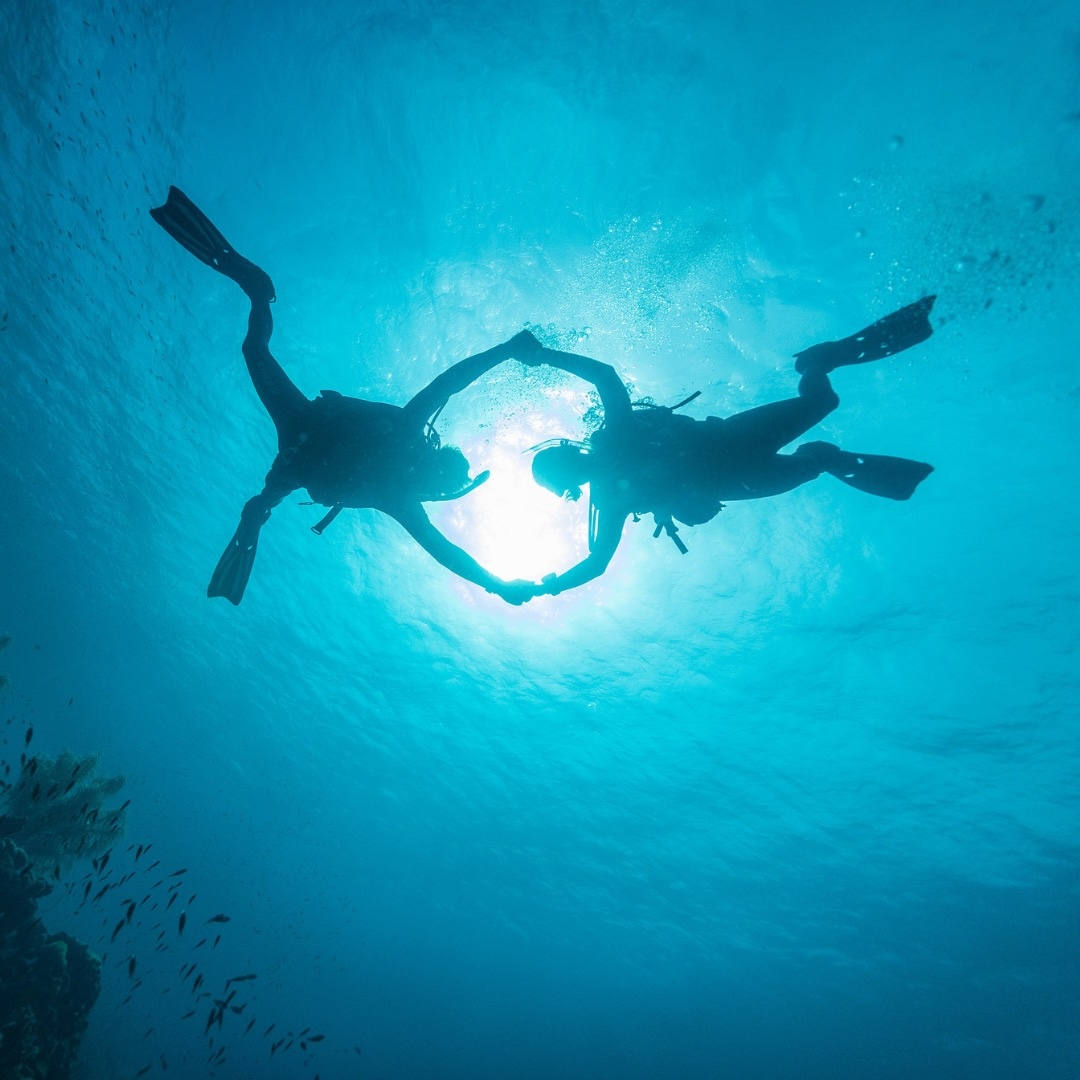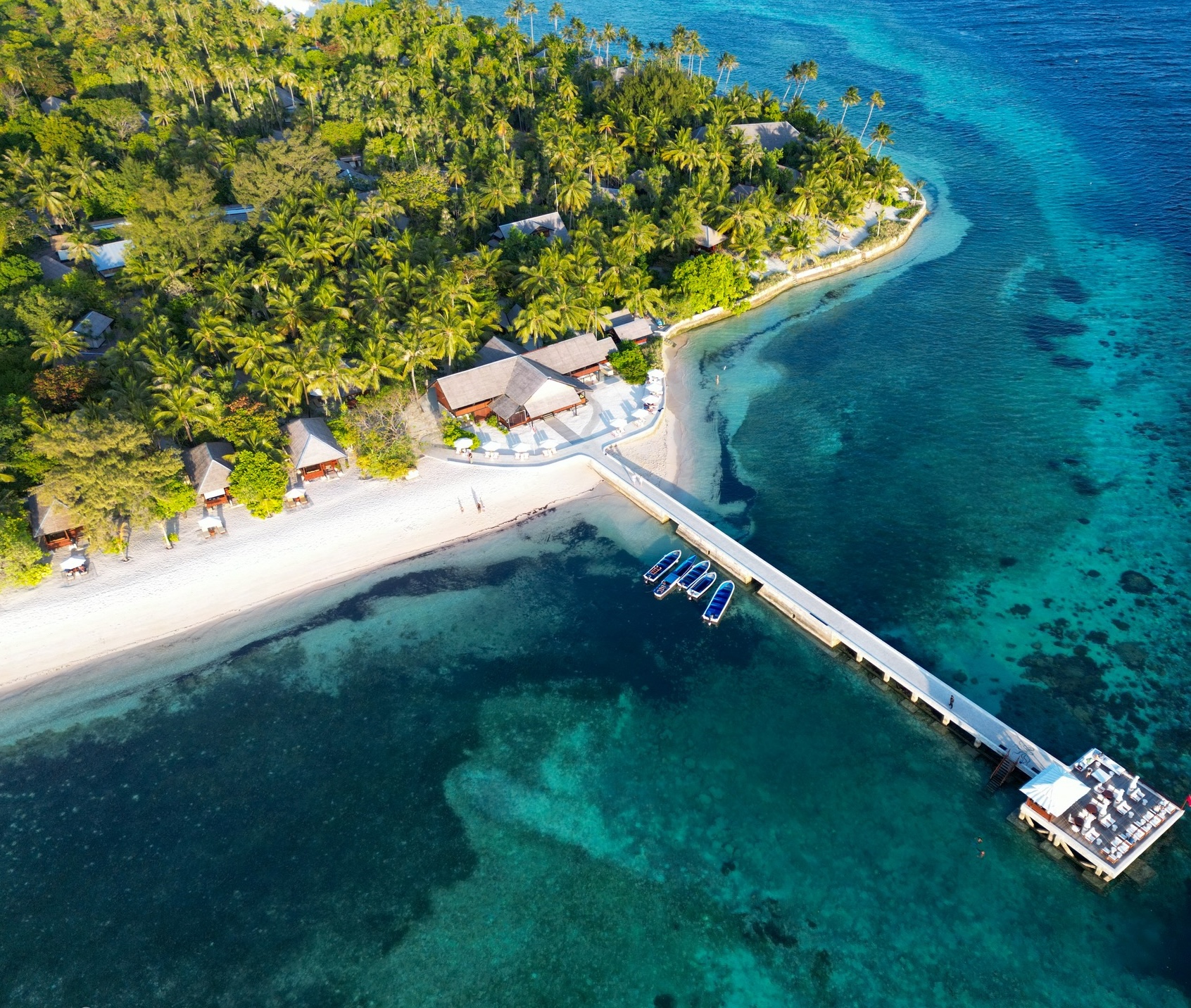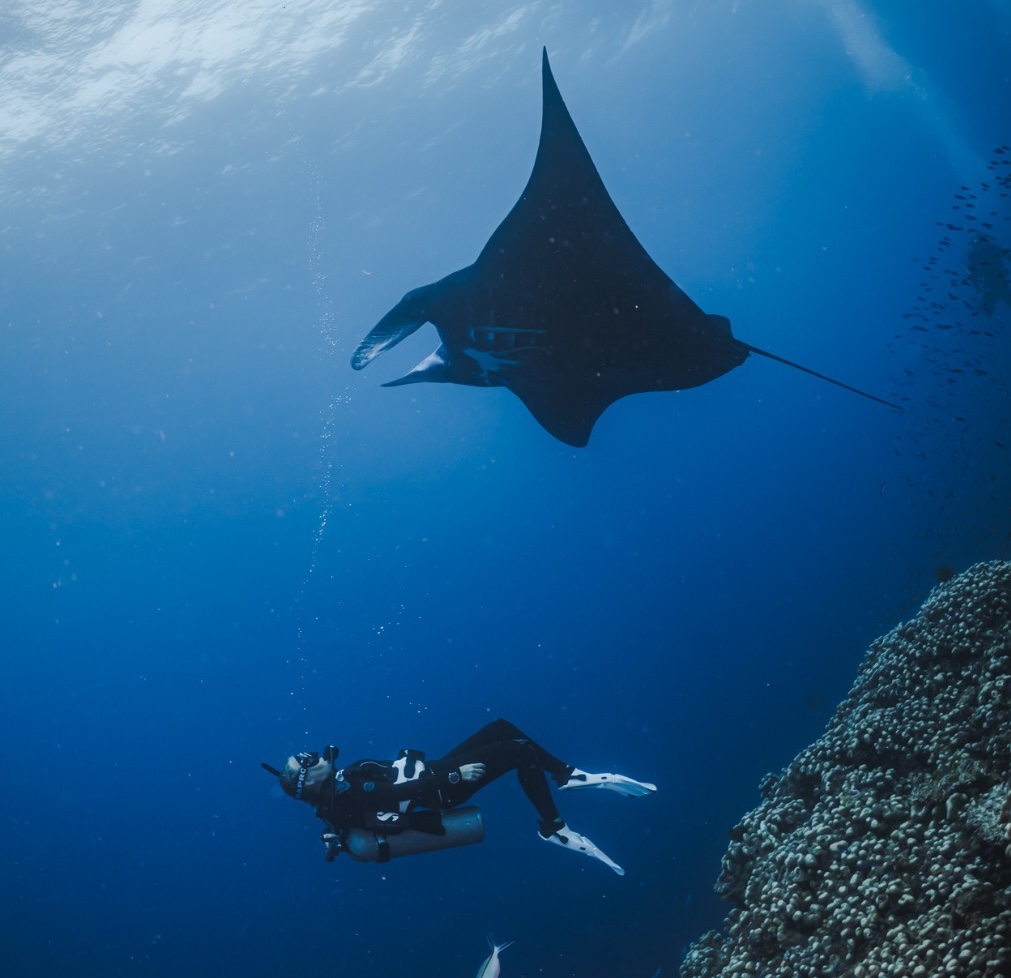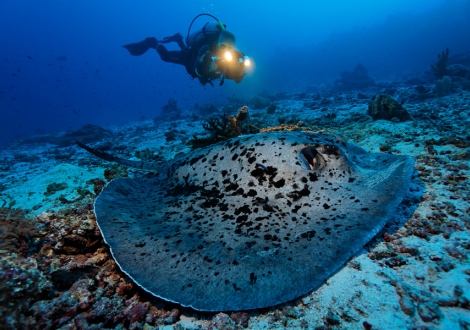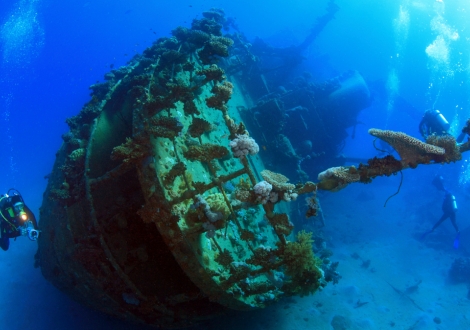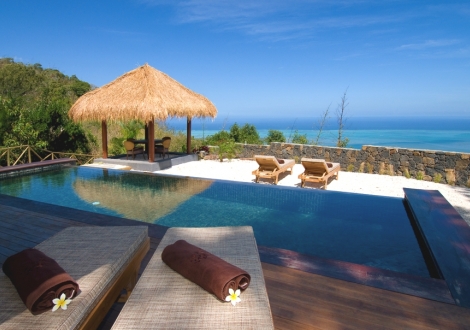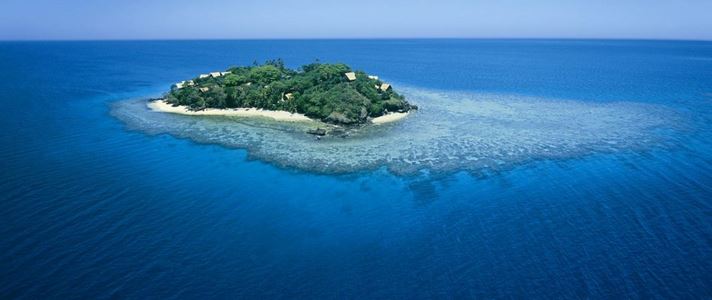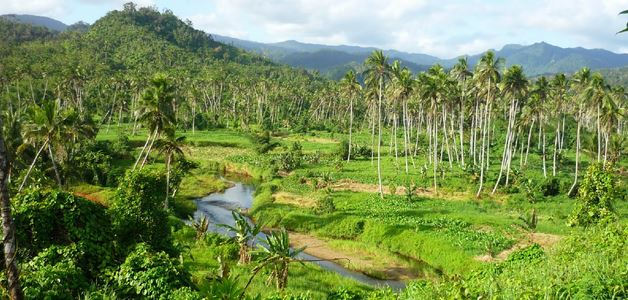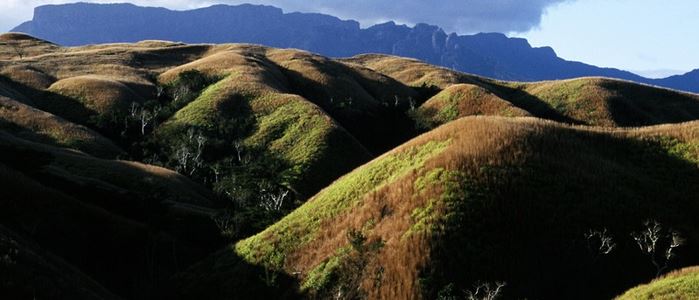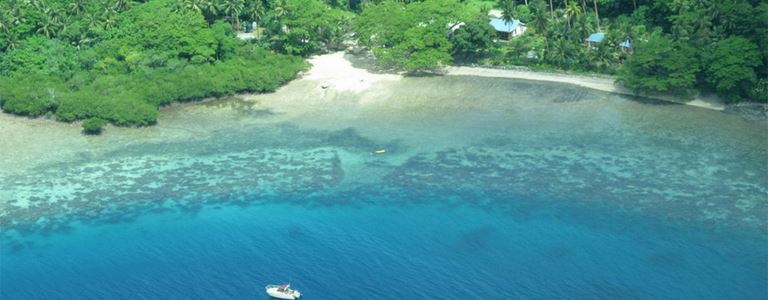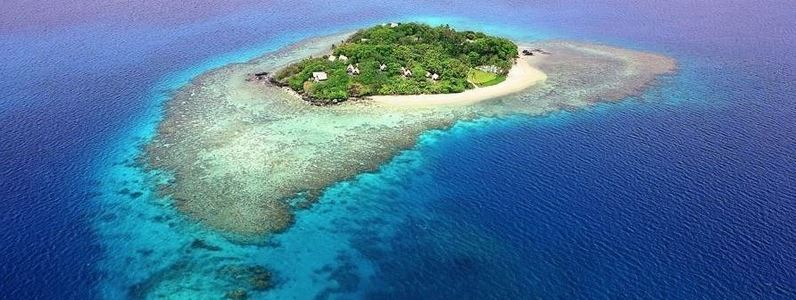Please wait
Why you'll love diving in Fiji!
The Republic of Fiji is also known as Viti, divers know it as the 'the soft coral capital of the world'. The Fiji Islands are situated on the western side of the South Pacific Ocean, to the northwest lie the Solomon Islands, Tonga lies to the east and New Zealand to the south west.
The Fiji Islands have a seemingly endless amount of world class diving. Above all Fiji is renowned for amazing walls adorned in soft corals and teaming fish life. Topside Fiji offers azure lagoons and secluded white sand beaches fringed with coconut palms . Inland there are lush mountain highlands and rafting on the Upper Navua, Fiji's own Grade III river. Fijians are also proud of their rich culture, which they will happily share with you.
A horseshoe shaped archipelago scattered over 1,290,000 sq. km across the South Pacific Ocean, Fijians inhabit just 100 of the more than 300 Fijian islands. Fiji is known across the globe for charming and friendly locals who welcome visitors to their shores. The sound of Bula, a greeting meaning hello, is almost always accompanied by a relaxed smile and a casual wave whether the greeter is a young child or a village elder. Fiji’s most treasured asset, and the one that lingers in most travellers minds long after their tan has faded, are genuinely friendly locals and smiling faces throughout the Fijian islands.
Straddling latitudes between 12 and 21 degrees South, Fiji basks in a tropical climate that rarely dips below daily maximums of 26 degrees (Celsius). A thriving tourism industry takes full advantage of Fiji’s stunning natural attractions, ensuring there is an endless choice of things to do in Fiji. Your Fiji holiday could be as energetic or as relaxing as you choose. Thrilling or therapeutic, it’s all here.
After diving extensively in the pacific waters of the southern hemisphere Jean-Michel Cousteau referred to Fiji as the "Soft Coral Capital of the World" and it stuck. Spectacular hard and soft corals, caves and grottoes. Fiji's diverse marine life ranges from large pelagic species such as sharks, tuna, turtles and the full array of reef fish. Crystal clear waters lapping Fiji's virgin reefs and magnificent lagoons means that visibility is often superb. Of the 300 Fijian islands, only a 100 or so are inhabited and liveaboard diving here you will visit some of the most remote and pristine dive spots that Fiji has to offer. Remote it may be but the Liveaboards in Fiji pride themselves on providing not just basic creature comforts but also some of those luxuries you might expect from a world class liveaboard. Although landbased diving in Fiji is excellent there are some dive areas which are only accessible by liveaboard and should not be missed! Staying in a beautiful Fijian resorts can easily be combined with a Fiji Liveaboard holiday.
Yellow fever and cholera vaccinations are only required if coming from an infected area as designated by the World Health Organisation. Hospitals are located in major centres and there are health centres in rural areas. Hotels and resorts usually have a qualified nurse on the premises and a doctor on call. Water is generally safe to drink from taps at hotels but do check with your hotel on check-in if it is recommended.
Nationals of visa are granted a visitor permit valid for four (4) months on arrival. Extensions may be granted on application with a fee for a maximum of two (2) more months during the initial 4-month period not after.
The visa is issued on arrival on the condition that the bearer holds:
- A passport that is valid for at least 6 months from the intended date of departure from Fiji
- Return or Outbound tickets
- Re-entry/entry visa to a country other than their own (for example: permanent residents of Australia must produce a valid re-entry visa for Australia)
- Evidence of sufficient funds for your stay in Fiji



 Nassau
Nassau
